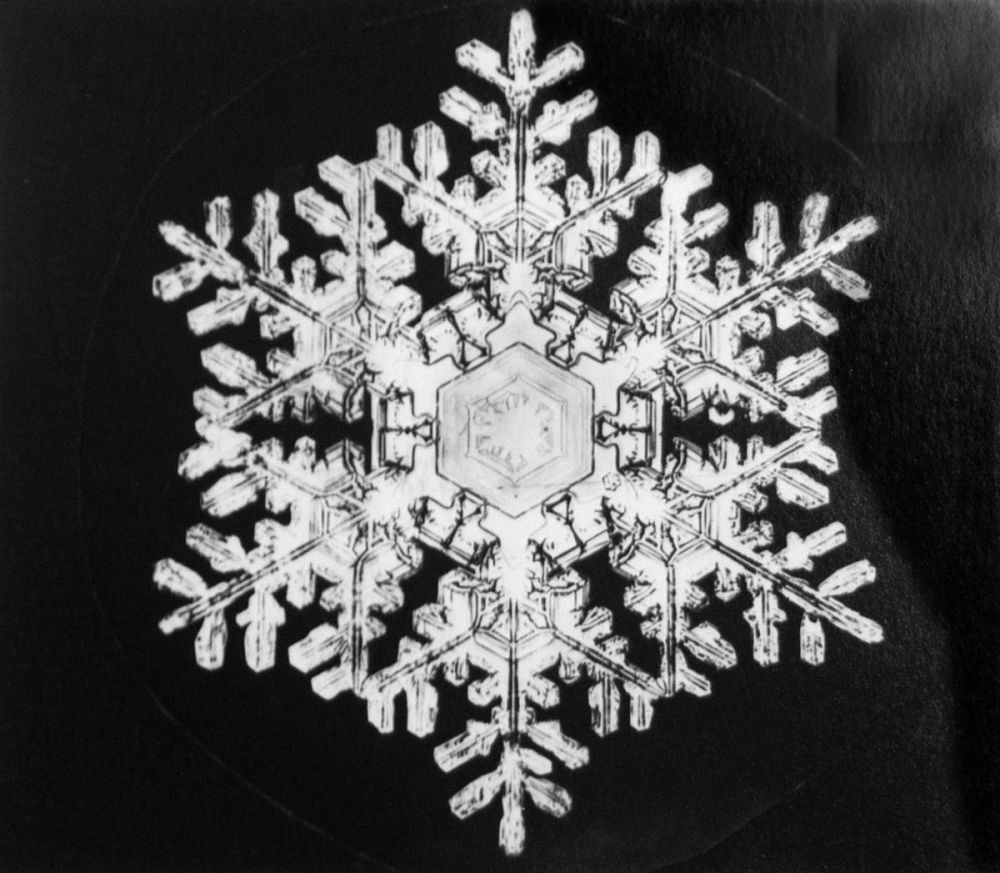Critical theory: Difference between revisions
Amwelladmin (talk | contribs) No edit summary |
Amwelladmin (talk | contribs) No edit summary |
||
| (One intermediate revision by the same user not shown) | |||
| Line 6: | Line 6: | ||
To be clear: the [[JC]] lines up with the [[libtard]]s here: the optimal society is a pluralistic, tolerant one, maximally permissive of the non-aggressive interests of those who are vulnerable and at the margins, which vigorously defends those interests and, all other things being equal, prefers them when they conflict with those of the majority — since those holding majority views should be big enough and ugly enough to look after themselves. | To be clear: the [[JC]] lines up with the [[libtard]]s here: the optimal society is a pluralistic, tolerant one, maximally permissive of the non-aggressive interests of those who are vulnerable and at the margins, which vigorously defends those interests and, all other things being equal, prefers them when they conflict with those of the majority — since those holding majority views should be big enough and ugly enough to look after themselves. | ||
But this isn’t to say there aren’t | But this isn’t to say there aren’t mean-spirited, selfish or illiberal people doing mean-spirited, selfish or illiberal things in the name of social justice, or that critical theory — when self-servingly practised, as it often is, by privileged, metropolitan, middle-class, university-educated, [[virtue-signaller]]s who wouldn’t recognise a margin if one hit them in the face, and whom you rather wish one ''would'', if for no other reason than to teach them that exact lesson — can’t be a mean-spirited, selfish or illiberal thing. | ||
{{sa}} | {{sa}} | ||
*[[Hive mind]] | |||
*[[Heterogeneity]] | |||
*[[Diversity]] | |||
*{{br|Cynical Theories: How Activist Scholarship Made Everything about Race Gender and Identity}} | *{{br|Cynical Theories: How Activist Scholarship Made Everything about Race Gender and Identity}} | ||
*{{br|The Madness of Crowds}} | *{{br|The Madness of Crowds}} | ||
Latest revision as of 10:08, 4 January 2023
|
Philosophy
|
Critical theory
/ˈkrɪtɪkəl/ /ˈθɪəri/ (n.)
(Sociology) A catch-all phrase designed to pin down an intellectual movement which has, above all other priorities, a horror of being pinned down, since what can be pinned down can be analysed, exposed and — well — criticised.
Critical theory, in this context, is allegedly “third-wave” post-modernism: (originally race, law or gender but now that has forked into whatever happens to be the cause célébre du jour); social justice theory; wokeness; general snowflakery.
To be clear: the JC lines up with the libtards here: the optimal society is a pluralistic, tolerant one, maximally permissive of the non-aggressive interests of those who are vulnerable and at the margins, which vigorously defends those interests and, all other things being equal, prefers them when they conflict with those of the majority — since those holding majority views should be big enough and ugly enough to look after themselves.
But this isn’t to say there aren’t mean-spirited, selfish or illiberal people doing mean-spirited, selfish or illiberal things in the name of social justice, or that critical theory — when self-servingly practised, as it often is, by privileged, metropolitan, middle-class, university-educated, virtue-signallers who wouldn’t recognise a margin if one hit them in the face, and whom you rather wish one would, if for no other reason than to teach them that exact lesson — can’t be a mean-spirited, selfish or illiberal thing.
